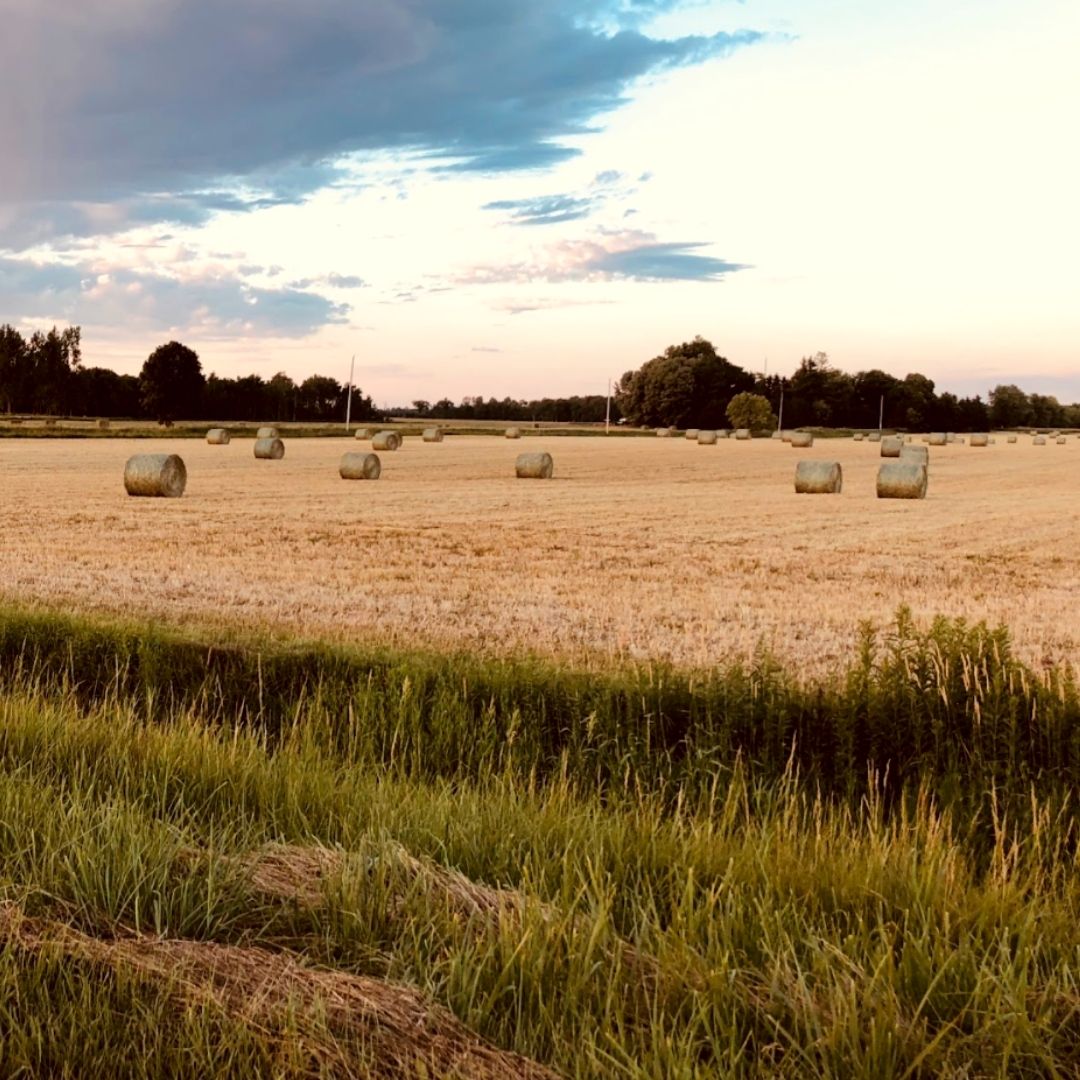Get $60 OFF throughout your first 2 boxes with code HOLIDAY60.
Offer ends in ::
Set your location to shop products local to you.
NIKU Farms
Thank you for your feedback!
If you requested further assistance, you’ll receive an email confirmation and we’ll follow up within 24 hours.
Got more questions? Start a new chat.
End chat
Are you sure you want to end the chat?
Cancel
Are you sure?
Your response has not been submitted. To process your request for further assistance, please hit the 'Back' button below, complete the form and submit your request.
Close Chat
Are you curious as to what happens on the farms when the winter months hit? What do the animals eat? How do they cope with the weather? What do the farmers do?
Livestock farms and crop farms deal with Ontario winters in their own ways, but livestock farms don’t stop working because of the cold weather! Our partner farms’ animals are raised in a natural environment, 100% grass fed, raised on pasture for high quality animal products and for the animals’ welfare.
Here are some ways life around our local farms changes in the winter months.

Pasture-raised animals don’t stop grazing during winter – the crops may be dwindling, but the animals continue to forage for bugs, worms and can nose through the snow for any fallen crops. The farmers will also spend time during the summer and fall months preparing hay for the animals to eat throughout the season.
One of the challenges of winter is ensuring the animals avoid frostbite. On nicer days, the livestock can head out into the pasture to stretch their legs, but generally, they can stay hunkered down in the barns to stay warm.
As for the farmers, winter is the perfect time to plan and prepare for the year ahead. It’s also when some of the farmers will get ready for the maple syrup harvest season.
Our farmers don’t slow down when the weather gets colder; their routines may change, but the grass-fed animals continue to be grass-fed, and our farmers continue to make the best choices to raise their animals right.

when you subscribe to our mailing list.